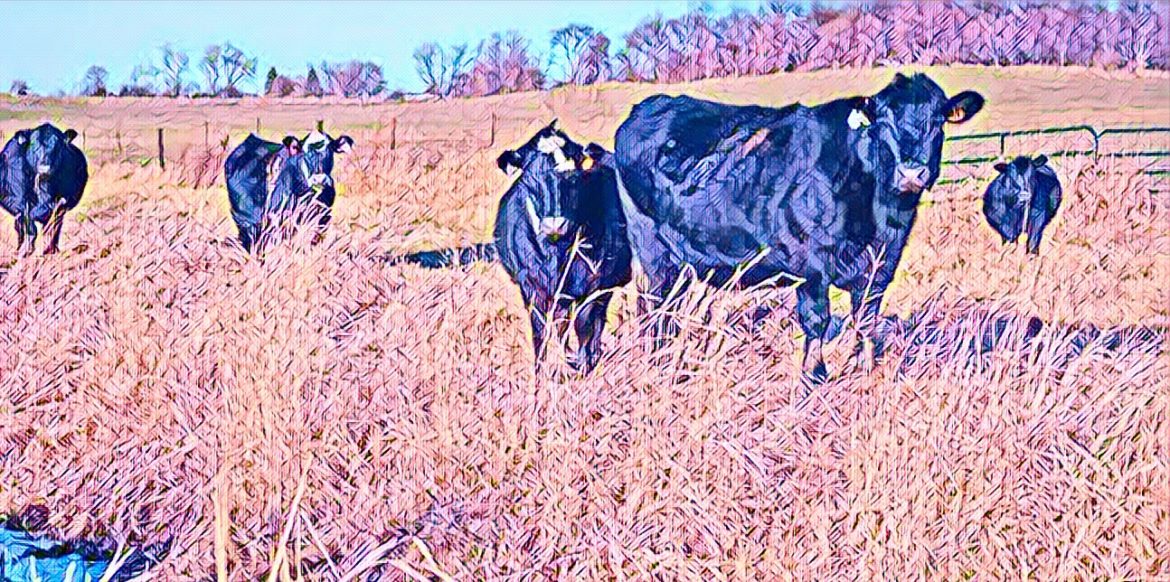In Vungu, a region in Zimbabwe’s Midlands province, the transformation from a collection of traditional villages to a sprawling modern housing development has precipitated a significant land rush, leaving local farmers like Thabisani Nkala grappling with diminishing pastures for their livestock. This shift is emblematic of a broader challenge facing rural areas across the nation, where urbanization and agricultural needs clash amidst growing demographic pressures.
Thabisani Nkala, a longtime goat herder in Vungu, is witnessing firsthand the erosion of available grazing land as more residential plots take over the landscape. His family has raised goats for generations, with the animals not only serving as a source of income but also as a cultural symbol. The rapid development has transformed his daily routine into a constant struggle for grazing space, where he now leads his goats on leashes to scavenge for the remaining patches of green.
The situation in Vungu is not unique but reflects a national issue where traditional land uses are being overshadowed by the demand for residential space. The local sentiment is that development, while necessary, should not come at the expense of the agricultural practices that many communities rely on for their livelihood.
The district’s changing landscape is fueled by various factors, including migration and corruption. According to Nkala, new residents, many of whom are gold panners or outsiders with connections to local leaders, are frequently allocated land that was once reserved for grazing. This practice has not only reduced the land available for livestock but has also introduced conflicts over land use priorities.
Chief Bunina Chisadza, a local authority, acknowledges the difficulty in balancing urban expansion with the needs of peasant farmers. He notes that while the allocation of land to younger generations is necessary, it often encroaches on areas previously used for grazing. This ongoing issue reflects the broader challenges of managing community resources in the face of population growth and urban sprawl.
Brown Ndlovu, the Zanu PF Member of Parliament for Vungu, attributes the problem to a significant rural-to-urban migration trend that has exacerbated the allocation of massive residential stands, leaving livestock farmers in a dire situation. This demographic shift points to broader socio-economic trends affecting rural Zimbabwe, where traditional land uses are increasingly being compromised.
Alex Magura, the CEO of Vungu Rural District Council, highlights that the increasing demand for land in rural areas is a symptom of overcrowding—a common issue in many parts of Zimbabwe. He argues that a long-term solution may lie in the decongestion of communal areas, facilitated by enhanced employment opportunities in the national economy and a shift in land use philosophy.
Magura advises local farmers to adapt to modern agricultural practices, suggesting a move towards more intensive, rather than extensive, farming methods. This adaptation is seen as crucial for sustaining agricultural productivity in areas where traditional land-intensive practices are no longer feasible due to spatial constraints.
Councillor Venencia Magama of the Citizen Coalition for Change reminisces about the era when vast grazing lands along the Gweru River supported the agricultural activities of local families. She laments the transformation of these areas into residential zones, which has all but eliminated traditional farming and grazing activities.
As Vungu, and similar regions across Zimbabwe, continue to develop, the challenge remains to find sustainable ways to integrate new housing developments with the agricultural practices that many rural communities depend on. This balance is essential not only for preserving the cultural heritage and livelihoods of local farmers but also for ensuring food security and economic stability in the face of changing land use patterns.


